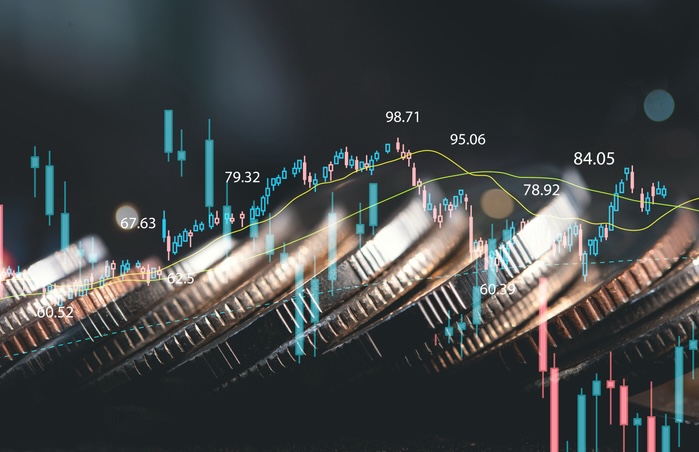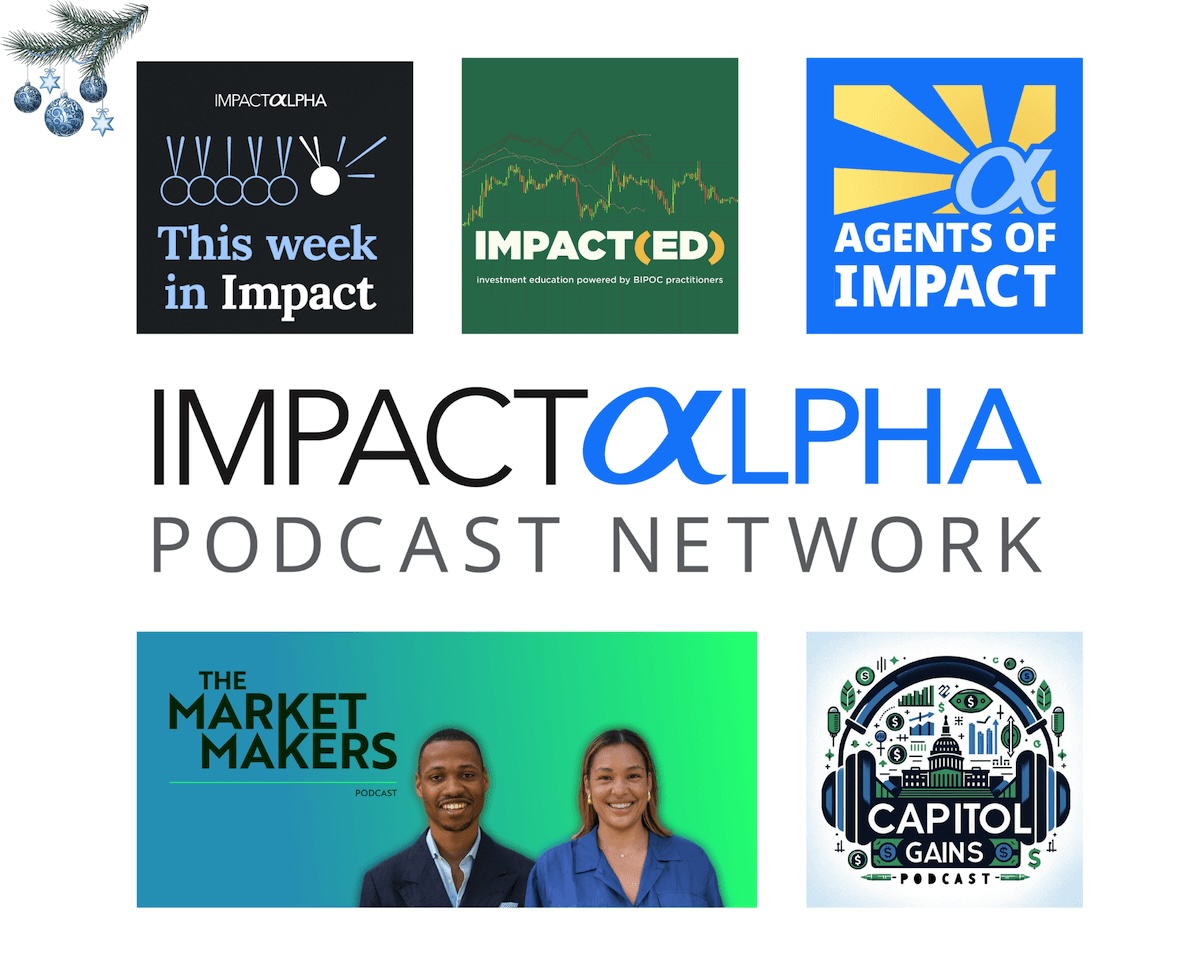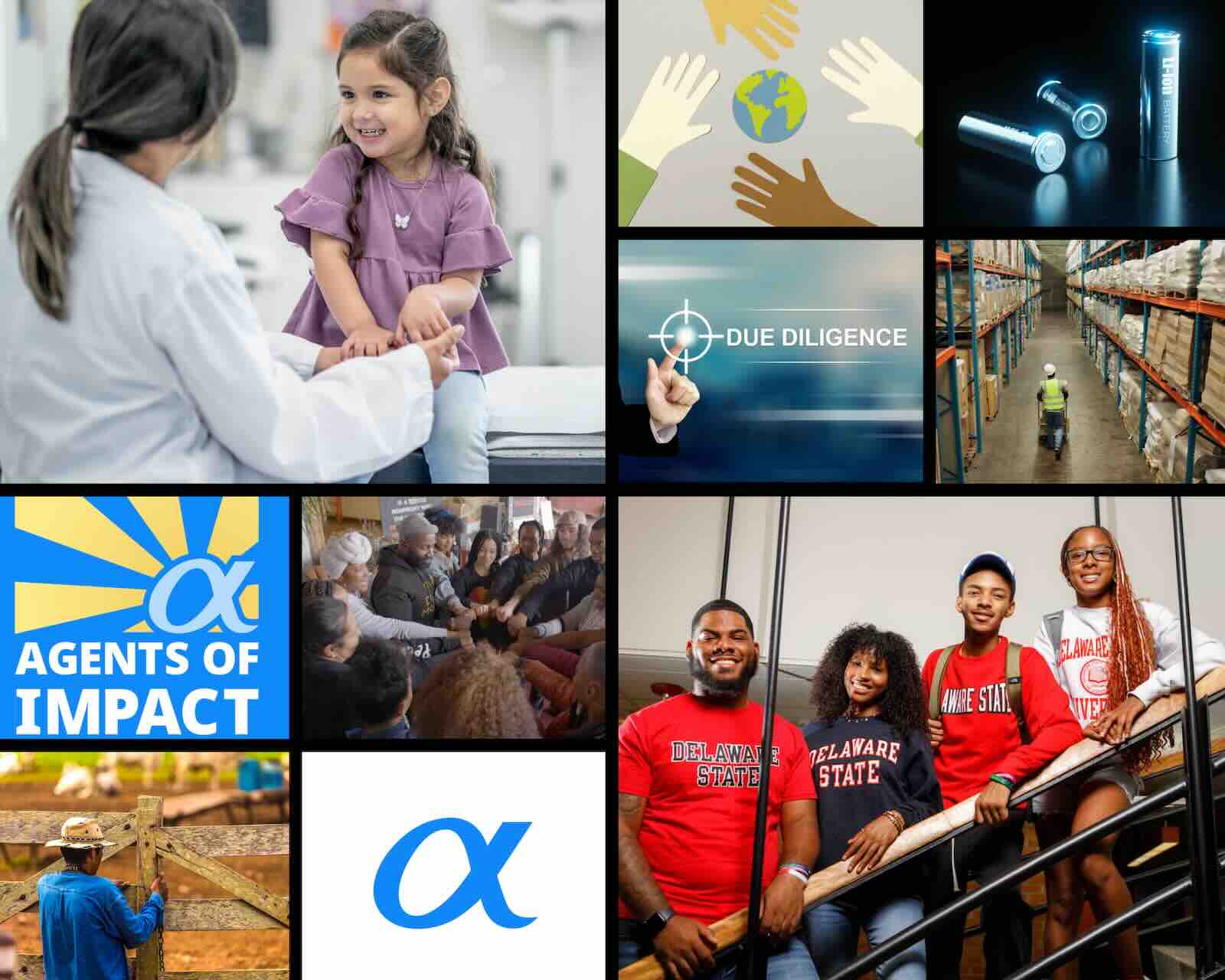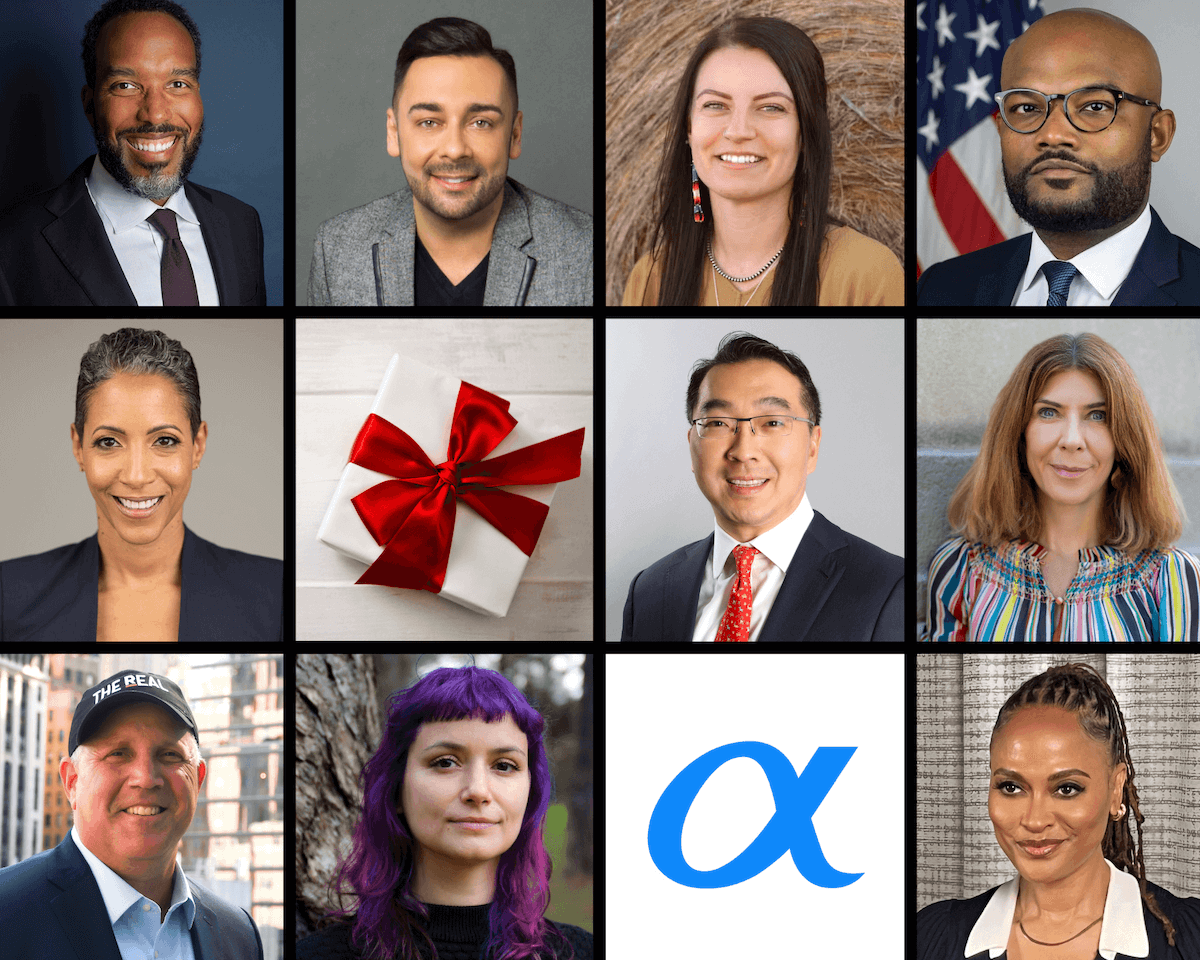Building on our daily dealflow coverage, ImpactAlpha’s weekly Spotlights take a closer look at the deals and trends shaping the impact sector.
With an estimated $1.57 trillion in impact assets under management, impact investors are driving healthcare access, creating affordable housing, serving global farmers responsible for food production, regenerating lands and oceans, creating good jobs and more.
A few trends we spotlighted this year: Community development financial institutions leveraging private capital for green lending; Japanese corporate venture funds investing for impact in emerging markets; and AI “hyperscalers” scrambling to develop and co-locate data centers with clean energy sources.
Here are seven dealflow trends to look out for in 2025:
1. How big banks can support community lenders to leverage green funding
How do you turn $27 billion into nearly $190 billion? By leveraging the $27 billion Greenhouse Gas Reduction Fund with seven times that amount of private capital. The community development financial institutions, or CDFIs, and green banks that are charged with implementing the green lending program are scrambling to line up projects and co-investors. At Opportunity Finance Network’s annual gathering in Los Angeles, Bank of America’s Dan Letendre urged private investors to work alongside community green lenders. CDFIs’ net asset ratios “are at all time highs in our history,” he said. “There’s an opportunity to leverage that with a significant infusion of low-cost private sector capital.” Dig deeper.
2. AI data centers are scrambling to lock in sustainable energy supplies
Technology giants, startups, private equity funds, real estate and infrastructure investors are in an arms race to build out AI infrastructure. That has them scrambling to secure reliable clean energy sources such as hydropower, nuclear power and, perhaps in the near future, commercial fusion. In December, Google and TPG Rise Climate led an $800 million investment in San Francisco-based Intersect Power to build solar and storage industrial parks that will be co-located with Google’s planned US data centers. The “partnership is an evolution of the way hyperscalers and power providers have previously worked together,” said Intersect’s Sheldon Kimber. Read more.
- Recycling heat from data centers. Supplying recycled heat to nearby communities could take some of the heat off, literally, and help Big Tech meet its climate pledges. Hyperscalers like Meta, Amazon and Microsoft are capturing excess heat generated from their vast network of data centers to power everything from homes to community pools. Check it out.
3. High-profile meltdowns shine spotlight on impact due diligence and monitoring
Impact investors that are quick to tout their success stories have been even quicker to go silent when one of their portfolio companies blows up. Federal prosecutors in New York last month charged Joanna Smith-Griffin, CEO of AI-powered edtech company AllHere Education, with securities fraud, wire fraud and aggravated identity theft. ReThink Education, which led Boston-based AllHere’s $4 million seed financing in 2020 and appointed two members to AllHere’s board, declined to comment. That was on par with Kapor Capital’s stance on fraud charges against Jake Soberal and Irma Olguin Jr. of the social enterprise Bitwise Industries, who this month were sentenced to 11 years and 9 years, respectively. Last year, investors Mitch Kapor and Freada Klein Kapor touted Bitwise as a success story in their book, “Closing the Equity Gap.” Dive in.
4. Donald Jr. takes a page from the impact playbook to court Trump consumers
Overlooked founders that target underserved consumers and face ingrained biases that hamper their access to capital. Sound like the basis of an impact investing fund? Donald Trump Jr. apparently thought so when he announced that he had passed up a role in his father’s incoming administration to join up with the venture capital firm 1789 Capital. The underserved market? Conservative-leaning customers. The overlooked founders? Conservative entrepreneurs seeking to reach them, according to the Palm Beach, Fla.-based firm. Investors “typically don’t want to be affiliated with conservative companies,” 1789 founder Omeed Malik told The Wall Street Journal.. Check it out.
5. Japanese corporate impact funds get active in emerging markets
Japanese corporations are rolling out corporate venture impact funds to comply with upcoming sustainability reporting requirements for their operations in Europe. Starting in 2025, Europe’s Sustainability Reporting Standards will apply to any firm with a subsidiary in an EU country. Japanese automaker Suzuki, which has a subsidiary in Hungary, launched a corporate venture fund focused on social impact in India, following other large Japanese corporations that are showing up in international impact deals, especially in emerging markets. More.
6. Social bonds mobilize capital for emerging-market jobs and livelihoods
Nearly 80% of social bonds issued last year came from just five countries: the US, France, Netherlands, Japan and South Korea. “We want to see more social bond issuance – particularly in the southern hemisphere and emerging markets,” said BNP Paribas’ Trevor Allen. South Africa-based UsPlus, a fintech venture that provides working capital to Black-, women- and youth-owned enterprises, raised 70 million rand ($4.5 million) in a social bond listed on the Johannesburg Stock Exchange in September. In June, BancoSol issued the country’s first gender bond, a $30 million issue on the Bolivian Stock Exchange. Financial group Letshego Holdings in May issued the first social bond in Namibia. Keep reading.
7. Lending to social enterprises starts to bridge the ‘missing middle’ in Latin America (video)
Impact funds able to bridge the “missing middle,” the financing gap between small microfinance institutions and large commercial banks, are making headway with backing social enterprises in Peru, Colombia and other Latin American countries. NESsT’s Lirio Fund is raising a $20 million fund to invest in 80 Latin American enterprises. The fund structures loans averaging around $300,000, with flexible rates and repayable over two to five years. It also offers borrowers technical assistance, including financial and impact management and customer strategies. Dig deeper.












